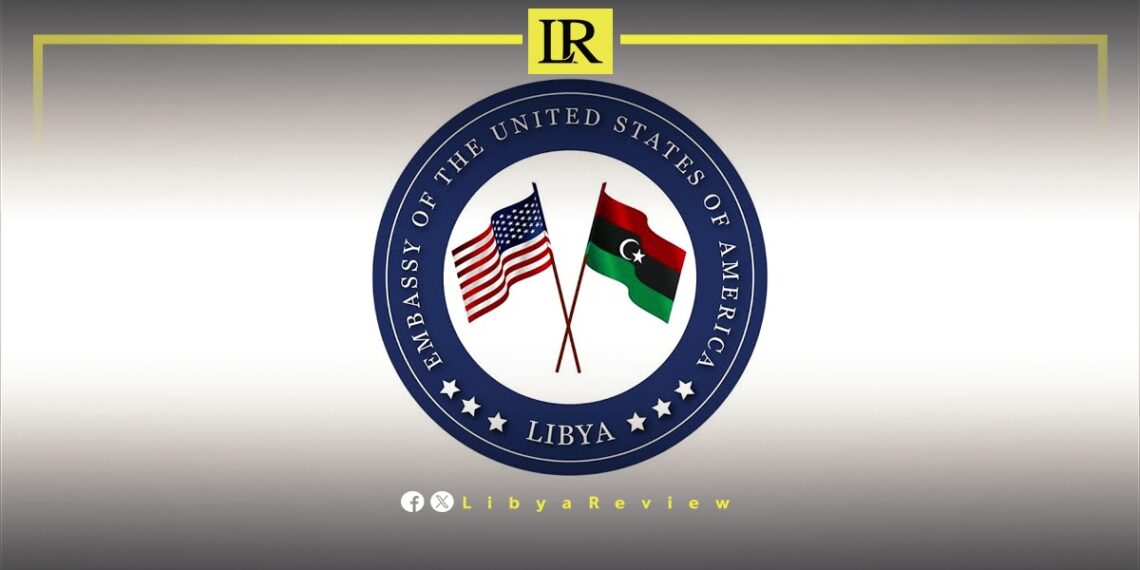The United States Embassy in Libya has joined the United Nations Support Mission in Libya (UNSMIL) in calling for an immediate de-escalation of tensions in Tripoli and the western region, following reports of significant military mobilisation and escalating clashes in the capital.
In a statement on X (formerly Twitter), the US Embassy expressed its concern over the growing unrest, aligning with UNSMIL’s urgent appeal for all parties to refrain from provocative actions and to resolve disputes through dialogue.
UNSMIL is closely monitoring reports of the military build-up and escalating tensions in Tripoli and the broader western region. The mission emphasised the critical responsibility of all parties to protect civilians and maintain stability in the region.
Local media outlets have reported the movement of armed convoys from Misrata, Al-Zawiya, and Zintan towards Tripoli, raising fears among residents of potential armed clashes. Videos and images circulating on social media depict heavily armed vehicles and personnel entering the capital, contributing to the growing anxiety among the local population.
The current military buildup occurs amid a prolonged political stalemate in Libya, with rival factions vying for power and influence. The United Nations has reiterated its call for a unified political process to address the country’s challenges and prevent further escalation.
Libya has been in chaos since a NATO-backed uprising toppled longtime leader Muammar Gaddafi in 2011. The county has for years been split between rival administrations.
Libya’s economy, heavily reliant on oil, has suffered due to the ongoing conflict. The instability has led to fluctuations in oil production and prices, impacting the global oil market and Libya’s economy.
The conflict has led to a significant humanitarian crisis in Libya, with thousands of people killed, and many more displaced. Migrants and refugees using Libya as a transit point to Europe have also faced dire conditions.
The planned elections for December 2021 were delayed due to disagreements over election laws and the eligibility of certain candidates. This delay has raised concerns about the feasibility of a peaceful political transition.
Despite the ceasefire, security remains a significant concern with sporadic fighting and the presence of mercenaries and foreign fighters. The unification of the military and the removal of foreign forces are crucial challenges.


